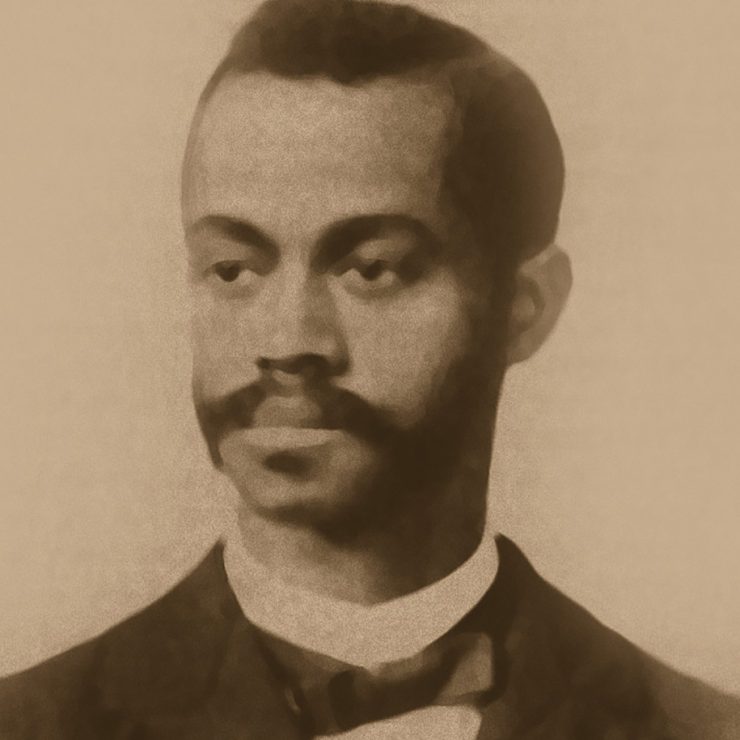Did you know that exactly 100 years ago today, Charles Henry Turner passed away? If your answer is “No, I did not” then this probably leads to your next obvious question – Well who is Charles Henry Turner?
Charles Henry Turner was born two years after the Civil War in Cincinnati, OH, which had a reputation for being a place where African Americans could find opportunity and advancement. He was valedictorian of his high school class and went on to receive his BS in biology from University of Cincinnati as well as his MS in biology from University of Cincinnati. Unfortunately, trying to find work as an African American academic in the late 19th and early 20th century was very difficult. He taught at various schools and then attended University of Chicago where he earned his PhD in Zoology, becoming one of the first African Americans to receive a doctorate.
Despite having already published 20+ scientific papers by the time he earned his PhD, Dr. Turner could not find a position. The Tuskegee Institute could not afford to pay his salary alongside George Washington Carver and University of Chicago would not hire him. Like most African Americans at this time, Dr. Turner faced racism and roadblocks throughout his career. He took a job teaching high school at Sumner Highschool in St. Louis, where he continued his research and experiments and spent the duration of his professional career.
Dr. Turner published an additional 41 papers between 1908 and his death in 1923, notably being published three times in Science. He was the first person to prove that insects can hear and can distinguish pitch. He was also the first person to discover that cockroaches can learn by trial and error and that bees could see different colors. This is a clear example of how African American scientists and engineers were forgotten. Most people consider Karl Von Frisch as the person to prove that bees could distinguish color, but years before Von Frisch published his findings, Dr. Turner was writing about his own experiments to prove the same.
Today, on the 100th anniversary of his passing, we want to remember Dr. Turner and all he accomplished in the field of zoology.
